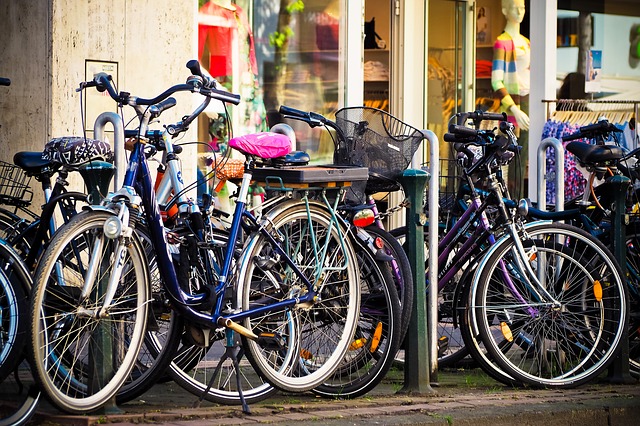The term “sharing economy” first surfaced in the early 2000s and gained traction after the 2008 global financial crisis with the emergence of companies like Airbnb. Built on a premise of peer-to-peer exchange, the sharing economy is a form of collaborative consumption, often facilitated by online platforms, that allows people to lend or rent underutilised items or services.
Since the early days, however, a staggering number of platforms and technologies have emerged, and the term “sharing economy” has become a massive umbrella under which many new organisations claim to fall. Companies like Uber and TaskRabbit have been dubbed part of the sharing economy at one time or another, but are they really in line with the original meaning of the term?
At RESET, we are interested in going back to the basics. What is the sharing economy today, and how can you get involved? To borrow a definition from April Rinne of the World Economic Forum, our vision of the sharing economy, in its truest sense, places a “focus on the sharing of underutilised assets, monetised or not, in ways that improve efficiency, sustainability and community.”
Practically speaking, that means a company like, say, New York’s Citi Bike that owns bicycles and rents them out wouldn’t really apply. In this case, the bikes are not underutilised resources, but rather, proprietary assets, and those bikes have been bought especially in order to be rented out.
Here are some companies that fall more in line with the original concept behind the sharing economy: efficient, sustainable and community-strengthening.
Books
Kind of like an online library, BookMooch allows you to loan your books out temporarily or browse the site for books that others are willing to loan. The only thing you ever pay for is the shipping.
Food
European platforms like Olio (in the UK) and Foodsharing (in Germany, Austria and Switzerland) allow people to share leftover food, while ShareWaste helps users share food scraps with neighbors who can use it for composting or animal feed.
Cash
Kiva is a non-profit organisation that facilitates interest-free loans from private individuals to people in low-income countries. Different from other peer-to-peer loan companies, Kiva lenders lend because of a desire to do good, rather than because of a financial incentive.
Wi-Fi
Fon allows people to share some of their existing home Wi-Fi network and, in exchange, connect to millions of hotspots all over the world.
Cars
Uber has long been considered part of the sharing economy, but the fact is that users request rides on-demand rather than joining existing trips (except the uberPOOL service, which does facilitate carpooling). True ridesharing and carpooling are more representative of the sharing economy. For example, with Turo, you can rent a stranger’s car for a period of time, and BlaBlaCar allows riders to create carpools and join existing rides – all throughout Europe. Each increase efficiency, build community and help the environment.
Bikes
Prefer two wheels to four? Instead of renting from a central company, BikeSurf allows cyclists to rent bicycles directly from their private owners anywhere in the world.
Accommodation
Airbnb does allow people to rent out their existing living spaces, but the days of renting out a spare room for a little extra cash are mostly long gone. Now, people are buying whole properties for the sole purpose of renting them on platforms like Airbnb – squeezing local residents out of the area. Providing a truer sharing experience, CouchSurfing allows people to provide a couch or place to sleep free of charge.
Knowledge
Started by Harvard University and MIT in 2012, edX is a non-profit and massive open online course (MOOC) provider that provides free online courses from leading universities and institutions around the world. Another example of easy access to educational materials is Sci-Hub, a (controversial) online database that allows users to access over 70 million academic papers for free.
Author: Laura Depta / Reset Editorial (October 2018)










